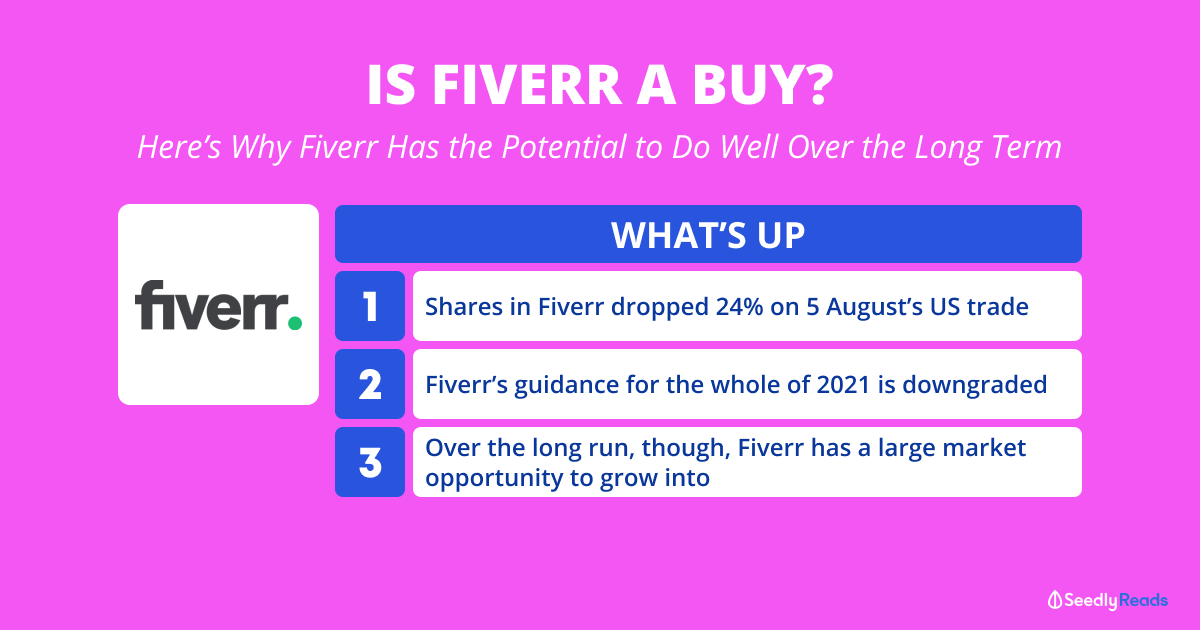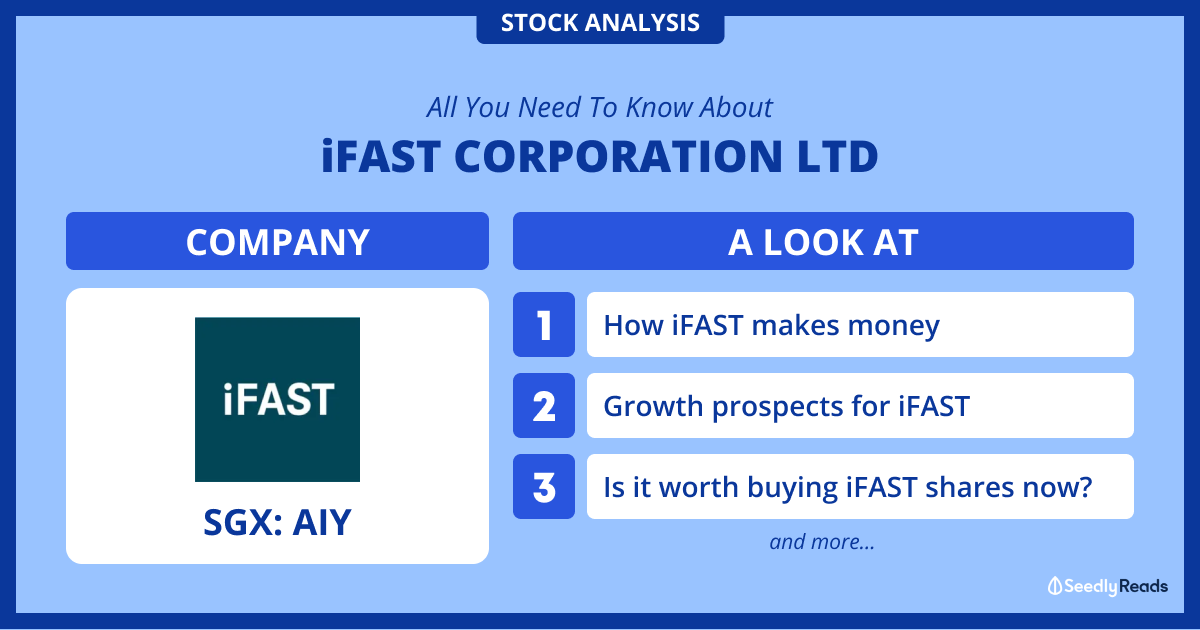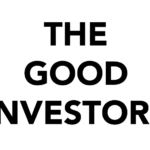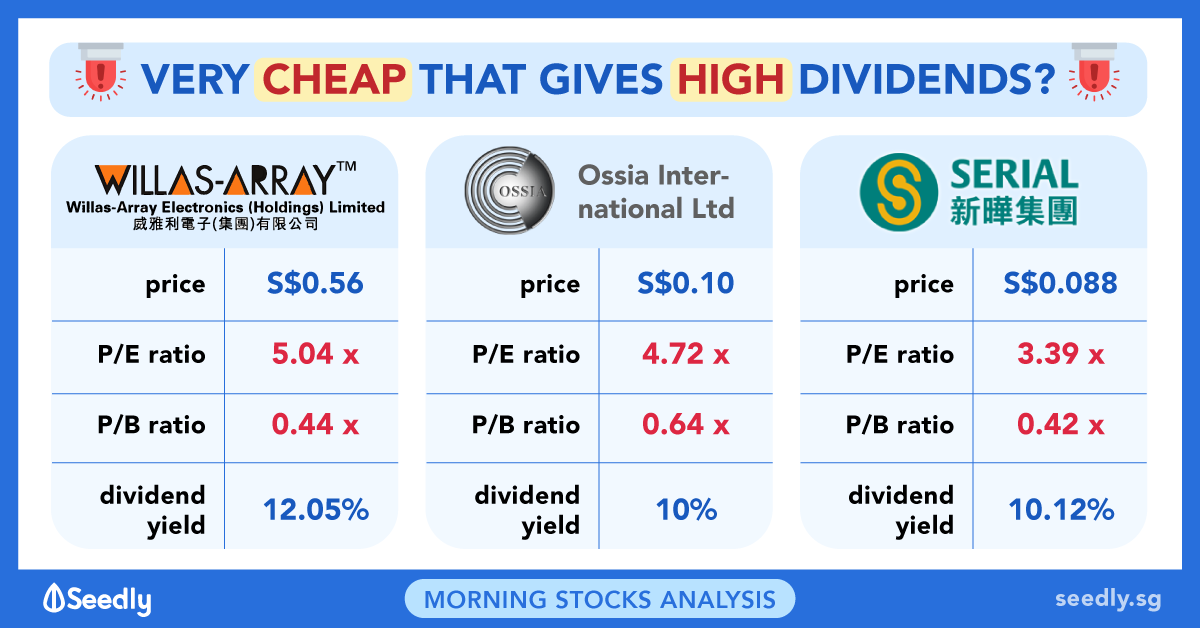Advertisement
Discussion (2)
What are your thoughts?
Learn how to style your text
Reply
Save
Hi there!
Not necessaily. This depends on the market capitalisation!
For instance, stock A costs $100 per share and has 10 shares outstanding, its market capitalisation would be $1000
In another case, stock B costs $10 per share and has 1000 shares outstanding, its market capitalisation would be $10,000.
It is important to look at both price and number of shares outstanding to determine the market value of a company!
Reply
Save
Write your thoughts
Related Articles
Related Posts
Related Posts
Advertisement










Not at all. Market capitalisation is a function of two things:
Market Capitalisation: Share price x Number of shares outstanding.
That said, market cap is not to be confused with valuation (often a loosely held term).
To take it one step further from an equity analyst's perspective, look at Total Enterprise Value, which is the sum of Equity plus Debt.
TEV = Assets = Equity + Debt.
Eg. If Market Cap is $5 billion and you have another $1 billion of debt on the books, then your TEV = $6 billion.
As such, it's often a good idea to clarify what people are referring to when they ask for valuation. Is it merely market Capitalisation, or Total Enterprise Value (TEV).